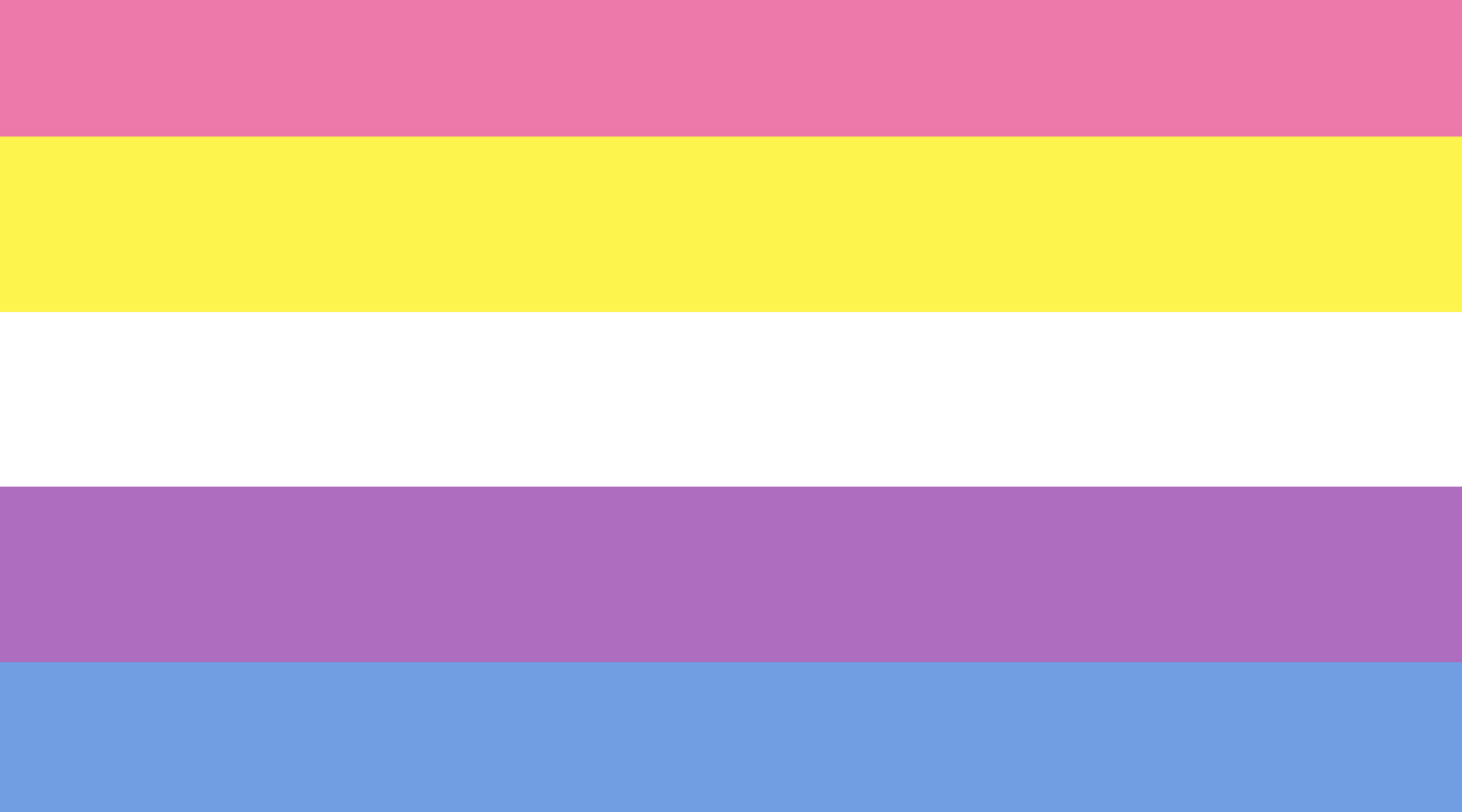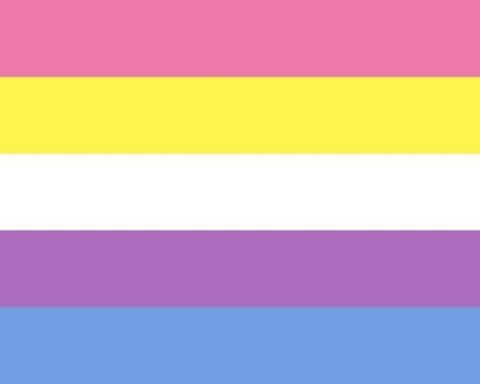what being bigender means, what is the
difference between someone who is bigender and other terms that
may create confusion to those who don’t know.
The term bigender is a gender identity. A person that identifies as bigender relates to two genders. This can be either simultaneously or they switch between the two. The two genders could be female and male but can also include the other non-binary identities.
Other examples of non-binary gender identities include Agender, Androgyne, Genderfluid, Pangender, Polygender, Gender Neutral, Genderqueer, Intergender and Third Gender.
Bigender is not the same as multigender which relates to a person that identifies with multiple genders.
However, a bigender person can also identify as mulitgender, transgender or non-binary. If a person that identifies as bigender changes their gender identity over time they may also identify as genderfluid. A person that identifies as genderfluid will vary their gender over a period of time.
The term bigender can be translated to ‘double gender’ or ‘two genders’.
Bigender is often confused with bisexual, they’re not the same thing. Bisexual is a sexual identify not a gender identity. A person that identifies as bigender can have any sexual identity, including but not limited to, bisexual, homosexual, lesbian, heterosexual and pansexual.
If you have a friend or family member that identifies as bigender the best thing you can do is be supportive and respect their choices. If you find the term confusing do some research on the subject so you can understand a bigender person better. We are all different and don’t all have the same views and beliefs that doesn’t mean we can’t respect each others choices in life.
A person that is bigender can use any pronouns they choose. They may switch between she/her/hers, he/him/his or they/them/theirs. They may also use pronouns that don’t express any gender called Neopronouns including xe/xem/xyr.
Common signs that you may be bigender are…
You may not always relate to your, assigned at birth, gender identity
You may feel more male one day and then more female the next
You may dress like the opposite sex
You may dress both feminine and masculine at the same time
You may feel uncomfortable when someone refers to you as a certain gender
You may not like it when someone uses your assigned at birth pronouns
You may have experienced gender dysphoria
You may have considered plastic surgery to alter your body
- THCa Flower by Perfect Plant Markey - September 21, 2023
- Arches Audio Shares Their Secrets For Starting A Successful Podcast - July 7, 2023
- LookHealthyStore – The First Chinese Cosmetics Website - June 10, 2023







